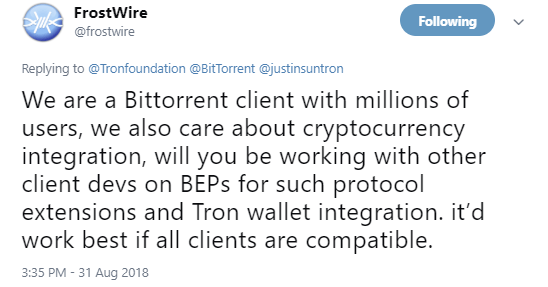
The group lists more than two dozen pirate sites, categorized by stream-ripping, MP3 download and search portals, torrent indexers, cyberlockers, and unlicensed pay-for-download sites.
The RIAA’s overview is in many regards the same as last year’s, and the full list of the sites is provided below. What is new, however, is the focus on so-called “bulletproof” hosting providers.
These hosting companies have very lenient policies and protect the identities of their customers. As such, they are often used by spammers, scammers, and also pirate sites. This isn’t by any means a new phenomenon, but the RIAA has flagged it as an emerging threat.
“[I]nfringing sites are turning more towards offshore hosting ISPs that support the sites’ infringing activities,” the RIAA informs the USTR.
“These ‘Bulletproof’ ISPs support various types of criminality through considerable leniency in the kinds of materials they permit to be uploaded and distributed via their networks.”
The problem with these companies is obvious. Ideally, copyright holders want hosting providers to shut down blatantly infringing sites, but these outfits are not responsive to warning letters or infringement notices.
The RIAA highlights two of these bulletproof hosts. The first is the Ecatel/Quasi Networks pair, which are believed to be closely related. Both companies are known to law enforcement and were targeted in a lawsuit filed by anti-piracy group BREIN last year.
“Quasi Networks is responsible for hosting various sites engaged in the transmission of pre-release works, including dbr.ee, xclusivejams, nippyspace, mp3monkey.net, gosongs, and leakth.is.
“With little recourse to remove infringements, both Ecatel and Quasi represent a significant danger to our member companies,” the RIAA adds.
The second bulletproof hosting provider is FlokiNET, which offers servers in Romania, Iceland, and Finland. The RIAA recently uncovered that the host was listed as the registrant for the pre-release leak site musicmafia.to, likely to protect a customer. The site itself disappeared soon after.
FlokiNET
On its website, the hosting provider notes that customers don’t have to share any personal details or identification, which is appealing to a certain audience.
“As a result, many different types of websites hosted on the ISP host bestiality pornography and fraudulent sites, amongst others. Other infringing sites hosted on FlokiNet include avxhome.se, djnotorioussam.com, and x1337.to.
“The operator of FlokiNET is known to the authorities and resides in Romania but, to date, no action has been taken to close the service,” the RIAA adds.
Aside from bulletproof hosting services, the RIAA signals another trend. Over the past year, it has observed a sharp rise in the number of pre-release pirate sites hosted by Nigerians. Apparently, this number has grown to more than 400, and most use the Nigerian-operated ISP speedhost247.com.
By reporting these sites and companies, the RIAA hopes to have them placed on the USTR’s final list of notorious markets. This can then be used as a political pressure tool against the countries from where they operate.
The full list of the RIAA’s “notorious” pirate sites can be found below. The full report, as submitted to the USTR, is available here (pdf).
—
Stream-Ripping Sites
– Flvto.biz and 2conv.com
– Mp3juices.cc
– Convert2mp3.net
– Ytmp3.cc
– Onlinevideoconverter.com
– Peggo.tv
– H2converter.com
– Y2mate.com
– Convertmp3.io
Search-and-Download Sites
– Newalbumreleases.net
– Rnbxclusive1.com
– Leakth.is
BitTorrent Indexing and Tracker Sites
– Thepiratebay.org
– Torrentz2.eu
– Rarbg.to
– 1337x.to
Cyberlockers
– Nippyspace.com
– Hitfile.net
– Suprafiles.me and cloudyfiles.me
– Dbr.ee
– Turbobit.net
– Zippyshare.com
– Rapidgator.net
– Chomikuj.pl
Unlicensed Pay-for-Download Sites
– Mp3va.com
– Mp3fiesta.com
Source: TF, for the latest info on copyright, file-sharing, torrent sites and more. We also have VPN reviews, discounts, offers and coupons.

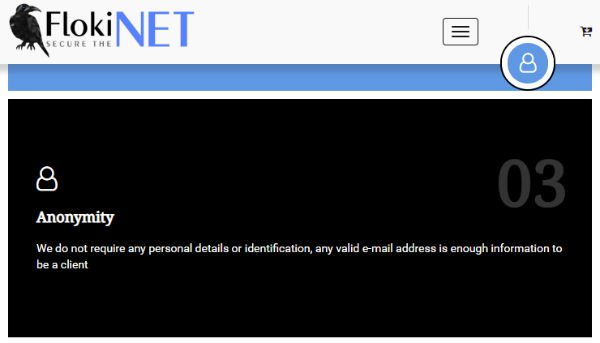


 Earlier this year,
Earlier this year, 
 The North American Free Trade Agreement (
The North American Free Trade Agreement (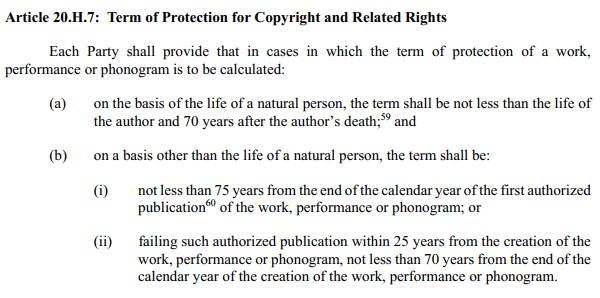


 With millions of visitors per week,
With millions of visitors per week, 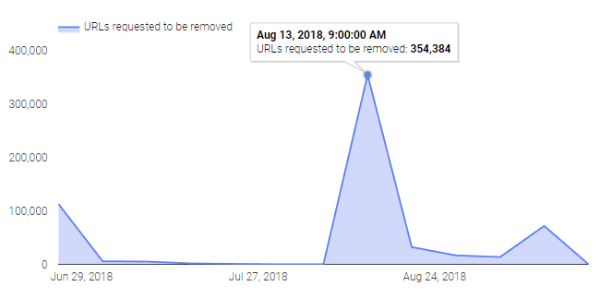


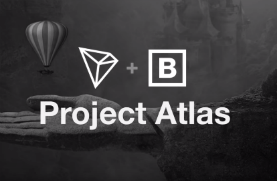 It’s been only a few weeks since BitTorrent was officially
It’s been only a few weeks since BitTorrent was officially 